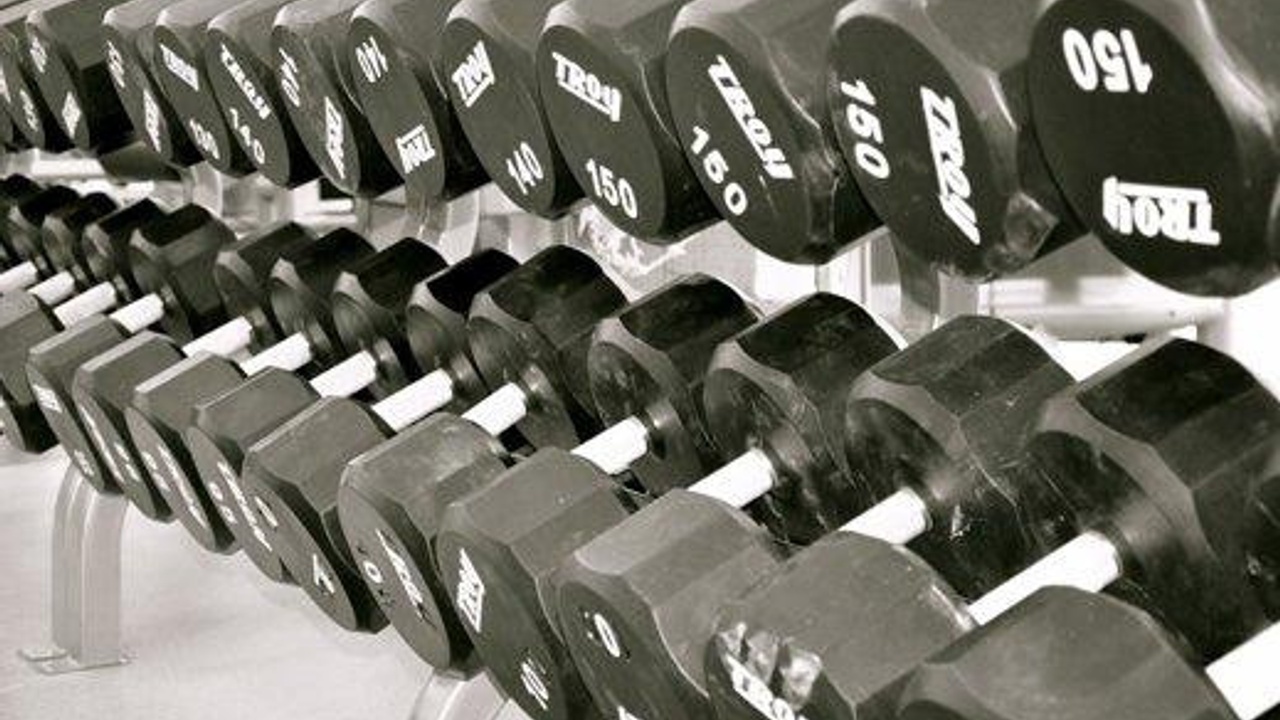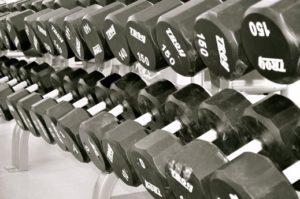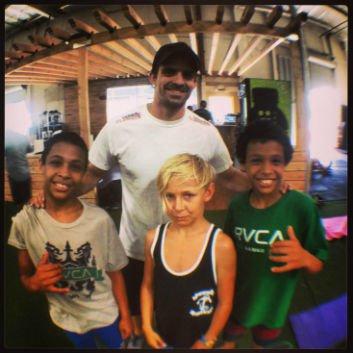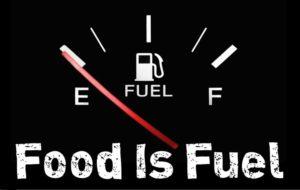
9 Questions That Will Help You Develop Better Workouts for Your Fighters
by Corey Beasley
What is the purpose of strength and conditioning?
How do you develop workouts that are going to make an athlete perform better?
 While many people talk about weight lifting, Olympic lifts, plyometrics and other techniques, I believe that its important to go a little further.
While many people talk about weight lifting, Olympic lifts, plyometrics and other techniques, I believe that its important to go a little further.
The key to a successful strength and conditioning plan for mixed martial artists has to take their entire lifestyle and training schedule into account.
Fighters and other athletes come in many different shapes and sizes.
The difficult job for a strength and conditioning coach is to assess each individual and determine what tools and exercises will help that individual get better.
Below are 9 questions to ask your athletes and/or yourself, when developing a NEW workout plan.
 1. How old are they?
1. How old are they?
The age of an athlete and their experience in the weight room has a lot to do with what workouts are performed. An 8 year old jiu jitsu player has no business doing the same workouts as today's UFC standouts. Bottom line is that different people have different ability levels and needs. Their age and experience under tension needs to be factored into the design of their workouts. Most young kids should spend their time simply playing, running, climbing, crawling, and getting familiar with their bodies. Once kids stop growing and got testosterone flowin, they can start to add larger amounts of external load, building muscle, etc.
2. How much weight lifting experience do they have?
Some fighters have no experience lifting weights, while others have been lifting consistently for 15 years. I say this because many coaches will simply have everyone do the same movements, with the same weights and expect them to handle it. Just because a fighter is 25 years old and tough, doesn't mean that they can handle the same workout as someone that has been lifting for several years. Never sacrifice form for intensity. Just like fighting skills, developing strength takes time. Be consistent and the results will come over time.
3. What injuries have they incurred over their lifetime?
Injuries are part of life. Most of us grow up rolling our ankles, twisting knees, tweaking our backs, breaking wrists and more. Add a career in MMA and you better be prepared for a few set backs. Injuries can alter our movement patterns and limit our ability to perform certain exercises. Other muscles or joints are forced to compensate and the injury cycle continues. Having an understanding of the athlete's past injury's can help us adjust the program, address weak links and avoid future problems.
4. What types of competition are they training for?
The demands of a boxing match are very different from wrestling or jiu jitsu. Understanding the demands of the competition will help us develop a program that addresses those needs. Everything from what exercise is performed, to time under tension, reps, rest, intensity, and frequency need to be tweaked to get the best results for that individual.
5. What are the athlete's strengths? Weaknesses?
This kind of goes hand and hand with the assessment process, but uncovering an athletes strengths and weaknesses is essential. Where does the athlete thrive and where do they struggle. One athlete may need to get stroger, while another needs to develop their conditioning. Everyone is different so, answering some of these questions can help us develop a program that address those needs.
6. What does the rest of their week look like?
Some guys don't train enough, while others train too much. As a strength coach, it is important to understand all of the stresses that the athlete goes through each week. Do they train once per day, twice a day, three times a day or more? How is the fighter reacting mentally, physically and emotionally to all of these stresses? Are their other coaches putting them through conditioning programs? What days do they drill, wrestle, hit mits, spar, etc? Overtraining is extremely common in MMA, so make sure that you have a clear understanding of each fighters schedule and adjust their workouts accordingly.
7. What types of food do they eat?
Food is fuel. It helps our bodies function properly, provides energy and the nutrients necessary to perform and repair from tough workouts. Eating the right foods can help us perform and recover efficiently, while poor foods will slow us down, make us sluggish and diminish our body's ability to recover. Knowing what an athlete is eating is essential if you want to train hard for any length of time.
8. How much sleep do they get?
Sleep is another essential piece of the recovery puzzle. Getting a good nights sleep is often overlooked but can be one of the fastest ways to improve an athlete's performance. Stop chasing tail, staying out late and get some rest. Do whatever it takes to get 7-9 hours of sleep every night. You will thank me later.
 9. What are they doing with their time off?
9. What are they doing with their time off?
Do they watch TV, play video games, go to clubs, go to the beach, stay out late, spend time with family, etc. While many may believe that its none of our business, what an athlete does in their free time can have a huge effect on their ability to perform. Some habits are healthy and can help an athlete balance out there work load, while others can lead them astray or suck their energy dry. In this day and age, its important to keep tabs on your team and make sure that they have the positive guidance, example and support that their personal life may not provide.
As you can see, developing a good strength and conditioning program takes a lot more than simply running people through the workout of the day.
Martin Rooney says it best..."Anyone can make their athletes tired, but only the best coaches can make them better.
Take a little extra time, assess your athletes, ask questions, get involved, visit other practices, talk with coaches and get a full understanding of the things that are happening in your athletes lives.
This new found perspective will hopefully help you develop better workouts and support for your athletes.
Do you have questions about the topics covered?
Developing the right program takes time, experience and adjustments along the way.
If you have questions, leave a comment.
I will do my best to point you in the right direction.




